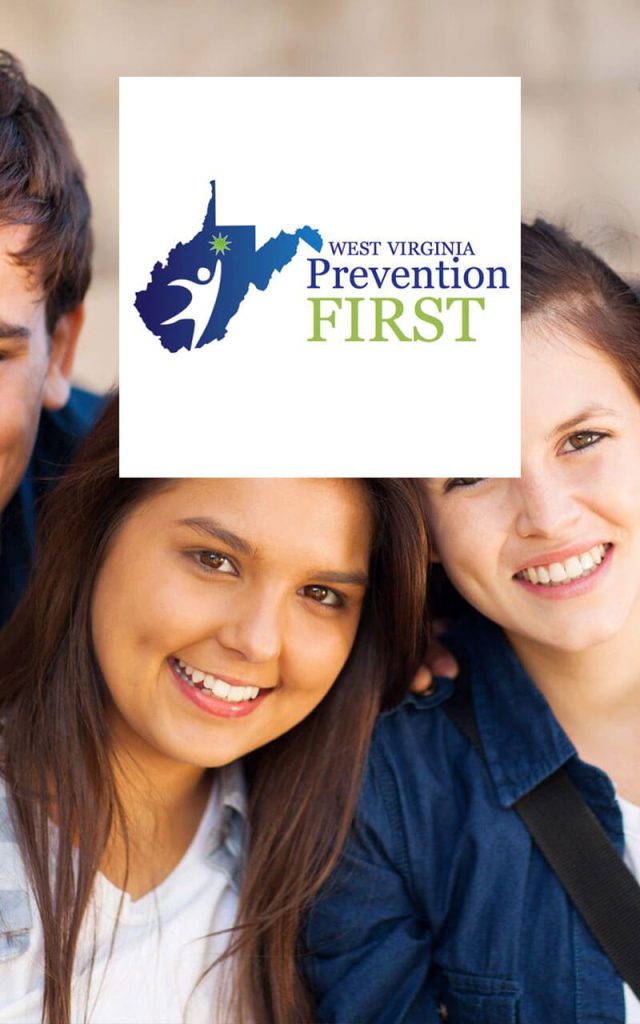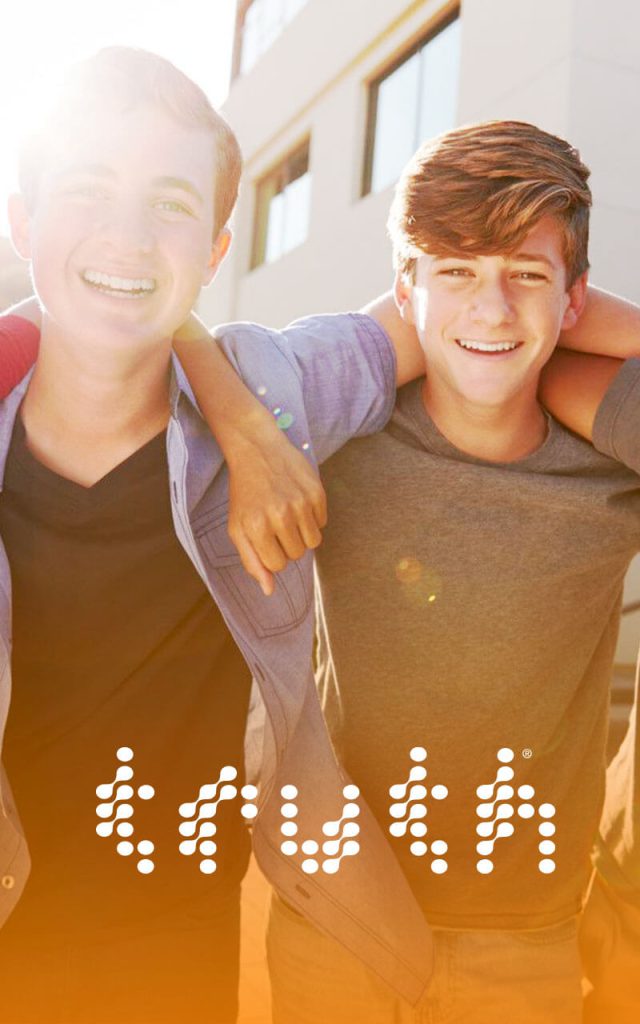In today’s world, it’s not a matter of “if” one of your friends, acquaintances, or loved ones will use drugs—it’s a matter of “when”.
That’s why it’s important to understand the signs of addiction and how to help. In addition to learning about the dangers of opioids and other substances for yourself, you can be a resource for your friend as they find their own way towards recovery.
What should I do if my friend is using drugs?
First, understand addiction is a condition that can affect anyone. It does not mean your friend is weak, naïve, or bad—it means your friend is sick and needs support.
In the United States, more than 20 million people suffer from addiction every year. And more than 90 percent started drinking alcohol or using drugs before they were 18-years-old. This means if you’re a teenager or young adult, chances are some of the peers around you are experimenting with alcohol, drugs, and other substances.
Unfortunately, of those 21 million people suffering from addiction, only 10 percent reach out for help. Here’s what you can do to encourage your friend to be a part of the percentage of people who do.
What To Do if Your Friend Is Using Drugs
Figure out if your friend is using substances or is addicted.
Abusing substances or becoming addicted to them are both dangerous. But it’s important to understand the difference between the two.
If your friend tried a drug once or twice but isn’t regularly using or dependent on it, this is considered substance abuse. You should still talk to your friend about its dangers and why they shouldn’t try it again. Afterall, even occasional substance abuse can lead to addiction—so it’s important to have the conversation now.
If your friend is displaying signs of addiction like a change in mood or behavior, they could be suffering from full-fledged addiction. And it’s important you encourage them to acknowledge the problem.
With addiction, your friend no longer has control—they will need it to cope. Your friend may have a physical addiction, which means their body is dependent on the substance. Or they may have a psychological addiction, meaning their cravings are driven by the overwhelming, emotional desire to use the drug. Whether it’s one or both types of addiction, your friend no longer feels they have a choice in the matter but to use.
Have empathy.
If you suspect your friend is using drugs, you may feel worried, scared, or even angry. This is common.
Try your best to validate your own feelings without projecting them onto your friend. It’s likely your friend doesn’t feel great about their choices, and lecturing them out of anger or disappointment may cause them to feel even more shame and guilt.
Keeping this in mind, approach your conversations with empathy. Understand addiction is a brain disease. Just as you wouldn’t expect someone with a physical illness to heal on their own, don’t expect it from your friend either. They’ll need tools and resources at their disposal.
While it’s ultimately their own choice to seek recovery, understand it may take time, support, and encouragement before they get there.
Talk… and listen.
As you express your concerns, take time to listen.
There’s a chance your friend won’t be receptive to your thoughts right away. Certain drugs may hinder their ability to process your conversation, or they may not want to hear what you have to say at all.
Be prepared for those reactions and let them share their own thoughts along the way. Admitting they have a problem is incredibly difficult, let alone discussing it in detail. Try your best to listen without judgment.
If you offer yourself as a “safe space” to vent without repercussion, you may spark a breakthrough. Doing so may help them feel comfortable enough to discuss the pain they’ve been masking with their drug use.
Offer support—with boundaries.
If your friend wants a listening ear, offer one. If they want reassurance you’ll be there when times get tough, provide it. If they want help researching treatment centers or talking with their parents, be there. Keep reaching out even when it’s difficult.
However, do what you need to do to protect your own mental and physical health. At the end of the day, it is your friend’s responsibility to choose sobriety. You can be supportive while holding firm, gentle boundaries for yourself.
A few examples of healthy boundaries you might have with a friend suffering from addiction are:
- Setting limits for when or where you’re available to offer a ride.
- Refusing to be around your friend as they’re using drugs.
- Not offering to make excuses for them or lie to their parents to “cover up” certain behavior.
It’s possible to be a supportive friend while upholding whatever boundaries you choose for yourself. In fact, it’s essential. Make sure to communicate these boundaries, stick to them, and discuss any consequences for crossing boundaries ahead of time.
Encourage your friend to seek help.
When your friend is ready, help connect them with a rehab program, medical professional, therapist, support group, or treatment center. If your friend is struggling to open up to their parents or loved ones, you can talk it out with them beforehand or even offer to come along for the tough conversation.
If your friend has reached a point in which they want treatment, offer to give them a hand. To start, you and your friend can sit down together and make a call to the Substance Abuse and Mental Health Services Administration (SAMSHA) National Healthline at 1-800-662-4357.
At GameChanger, we also direct many of those looking for help to the following resources:
Reach out for help.
If at any point your gut is telling you to reach out on behalf of your friend, listen.
If you suspect your friend is suicidal, depressed, or nearing an overdose, don’t be afraid to speak up. Contact their parents, caregivers, medical professionals, or trusted loved ones who will intervene.
Your friend may not like it at first, but reaching out for help on their behalf may just save their life.
About GameChanger
Created in 2018, GameChanger is a student-powered movement with focus on substance misuse prevention among youths. We connect students, educators, and communities with education, training, coaching, and support services to prevent opioid and other drug use before it starts.



